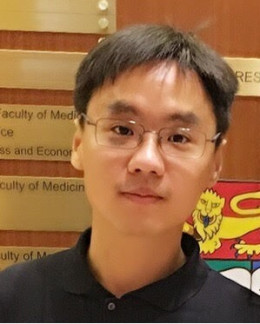Dr Lin Wang

Dr
Contact information
+447579753261
Department of Genetics
Downing Street
University of Cambridge
Cambridgeshire
CB2 3EH
United Kingdom
https://www.gen.cam.ac.uk/directory/lin-wang
https://www.pdg.gen.cam.ac.uk/who-we-are/people
https://www.infectiousdisease.cam.ac.uk/directory/lw660@cam.ac.uk
Biography
Dr. Lin Wang is a Research Associate in the Department of Genetics. He is an elected member of the Global Young Academy. Before joining Cambridge, he was a charge de recherche in the Institut Pasteur in Paris (2018/09 to 2020/03), and a postdoctoral fellow in the School of Public Health, University of Hong Kong (2015/01 to 2017/12). He received his PhD from the Department of Electronic Engineering at Fudan University in Shanghai. His research interests include computational biology, infectious diseases, Bayesian modeling, evolutionary dynamics, machine learning, and bioinformatics, with applications in epidemiology, immunology, virology, and vaccinology. Many of his publications have had important impacts on our understanding of infectious disease dynamics and control, including the cost-effectiveness of COVID-19 dose-sparing vaccination strategies, age-specific mortality and immunity patterns of SARS-CoV-2, evolving transmission characteristics of SARS-CoV-2, and forecasting the global spread of emerging epidemics. He received the Best Talk Award at the 2018 International Conference on Molecular Epidemiology and Evolutionary Genetics, and the 2020 Distinguished Referee Award from the European Physical Society.
Research interests
Computational biology, infectious diseases, Bayesian modeling, evolutionary dynamics, machine learning, and bioinformatics, with applications in epidemiology, immunology, virology, and vaccinology.
Keywords
Bayesian methods, Big data, Bioinformatics, Biostatistics, Computational biology, Deep learning, Epidemiology, Genomics, Monte carlo methods, Natural language processing, Variational inference
Publications
1. Z Du, Lin Wang (†), et al. Modeling comparative cost-effectiveness of SARS-CoV-2 vaccine dose fractionation in India. Nature Medicine 28, 934-938 (2022). († = co-first authors)
2. Y. Chen, N. Li, J Lourenço, Lin Wang, et al. Measuring the effects of COVID-19-related disruption on dengue transmission in southeast Asia and Latin America: a statistical modelling study. Lancet Infectious Diseases 22, 657-667 (2022). (Featured on the cover)
3. S. Ali, Y. Lau, S. Shan, S. Ryu, Z. Du, Lin Wang, et al. Prediction of upcoming global infection burden of influenza seasons after relaxation of public health and social measures for COVID-19 pandemic. Lancet Global Health, accepted (2022),
4. Z Du, Lin Wang (†), et al. Cost-effective proactive testing strategies during COVID-19 mass vaccination: A modelling study. Lancet Regional Health - Americas 8, 100182 (2022). († = co-first authors)
5. M. Jusup, et al. Social physics. Physics Reports 948, 1-148 (2022). (commissioned review article)
6. O’Driscoll, et al. Age-specific mortality and immunity patterns of SARS-CoV-2. Nature 590,140–145 (2021)
7. ST Ali, Lin Wang (†), et al. Serial interval of SARS-CoV-2 was shortened over time by nonpharmaceutical interventions. Science 369, 1106-1109 (2020). († = co-first authors)
8. X. Xu, et al. Reconstruction of transmission pairs for novel Coronavirus Disease 2019 (COVID-19) in mainland China. Clinical Infectious Diseases 71, 3163--3167 (2020). (corresponding author)
9. Z Du *, Lin Wang (†), et al. Risk for Transportation of Coronavirus Disease from Wuhan to Other Cities in China. Emerging Infectious Diseases 26, 1049-1052 (2020). † = co-first authors
10. Lin Wang & JT Wu. Characterizing the dynamics underlying global spread of epidemics. Nature Communications 9, 218 (2018)
 Cambridge Centre for
Cambridge Centre for